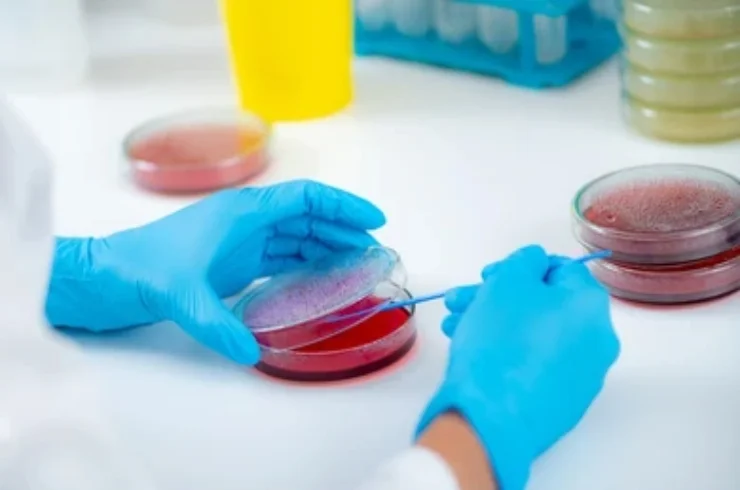Microbiology Testing

Microbiology Testing
Microbiology testing involves the identification and analysis of microorganisms such as bacteria, viruses, fungi, and parasites to diagnose and manage infectious diseases. It plays a pivotal role in determining the cause of infections, guiding antibiotic therapy, and preventing the spread of communicable diseases.
Key Microbiology Tests
Culture and Sensitivity Tests:
Performed on samples like blood, urine, pus, and sputum to identify specific pathogens and determine the most effective antibiotics.Blood Culture:
Detects bacteria or fungi in the bloodstream, aiding in diagnosing septicemia and systemic infections.
Urine Culture:
Identifies urinary tract infections (UTIs) by isolating and analyzing pathogens present in urine.Sputum Culture:
Diagnoses respiratory infections such as pneumonia and tuberculosis by analyzing microorganisms in sputum.Pus and Wound Culture:
Identifies infections in wounds or abscesses to guide appropriate treatment.
Why Microbiology Testing Matters
Microbiology tests are essential for diagnosing infectious diseases accurately and promptly. By identifying the causative agent, these tests ensure targeted treatment, reduce the misuse of antibiotics, and improve patient outcomes.
Additionally, microbiology testing is critical in public health for tracking and controlling outbreaks of infectious diseases. These tests help monitor resistance patterns, contributing to the development of effective infection control strategies.
Modern microbiology labs utilize cutting-edge techniques such as automated cultures, molecular diagnostics, and rapid susceptibility testing to deliver precise and timely results. Microbiology testing is an invaluable tool in healthcare, enabling accurate diagnosis, appropriate therapy, and improved infection control.
